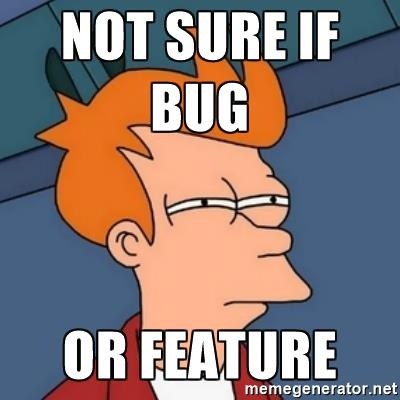Well have both Yiannis Papadopoulos’ answer and Konstantinos Konstantinides’ answer put it. Upvote them.
Some further supplemental detail, expressed linguisticiously:
Salonica Standard Greek is pretty much Athens Standard Greek with a few shibboleths; it’s a situation comparable to Scottish Standard English (such as you’ll hear in Edinburgh)—you’ll hear wee a lot more, and you’ll hear construction like I’ve not seen it, but it is not really Scots.
Here’s a map of key isoglosses of Greek ca. 1900, from Wikipedia:

Salonica is in the purple zone, which means it is meant to drop all its unstressed /i, u/ and raise its unstressed /e, o/ to /i, u/: /skiˈli/ is meant to be pronounced [scʎi]. But it’s a northern version of Standard Greek, so it doesn’t.
The velar /l/ of Salonica is the main phonetic shibboleth, as Yannis pointed out.
Thessaloniki: The only city in the world that is spelled with two ‘s’ and pronounced with two ‘l’
- Standard Greek: θesaloˈnici
- Salonica Greek: θesaɫoˈnici
- Macedonian Greek: θisaɫuˈnic
The main grammatical shibboleth, which Kostas points out, is that indirect objects for pronouns (and nouns more rarely) are in the accusative in the north, and in the genitive in the south, because Greek doesn’t have a dative any more. The isogloss for that takes in Thessaly and Macedonia. (It also includes the Greek of Istanbul.)
The accusative is of course ambiguous between direct and indirect object; hence,
Mom, are you going to make me into meatballs today
Kostas has gone into some of the lexical peculiarities of Salonica. One further peculiarity is that Athens Standard Greek differentiates kato ‘down’ from xamo ~ xamu ‘on the ground’; Salonica refers to both as kato. As a result, Salonicans refer to Athenians (and Southerners in general) as xamudziðes, xamo-guys. They may actually thing they’re saying ‘Down [South] guys’. They would be wrong, because they can’t tell the difference between xamo and kato: they’re actually calling Athenians ‘crawling on the ground guys’.
On second thought, maybe they know exactly what they’re doing.
One of the denizens of SLANG.gr has just published a book of lexical differences between the two, Μπαγιάτηδες και χαμουτζήδες, ‘The mouldy [nickname for old Thessalonians] and the xamo-guys’: Μπαγιάτηδες και χαμουτζήδες. And the fact that SLANG.gr can produce something like this, and its English counterpart is… Urban Dictionary, tells you all you need to know about why the Greeks are a Great People.
Oh I mentioned Slang.gr. Contractual obligation: Hi Melinda! 🙂


